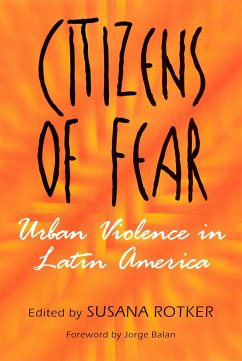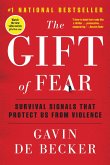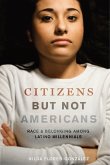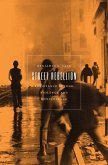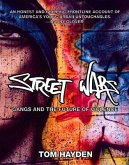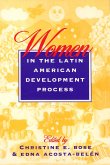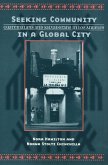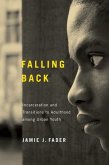This new series presents innovative titles pertaining to human origins, evolution, and behavior from a multi-disciplinary perspective. Subject areas include but are not limited to biological and physical anthropology, prehistoric archaeology, evolutionary psychology, behavioral ecology, and evolutionary biology. The series volumes will be of interest primarily to students and scholars in these fields. Citizens in Latin American cities live in constant fear, amidst some of the most dangerous conditions on earth. In that vast region, 140 million people die violently each year, and one out of three citizens have been directly or indirectly victimized by violence. In Venezuela, adults are on average targets of crime seventeen crimes in their lifetimes, four of which are violent. In Mexico, 97 percent of all reported crimes go unpunished. Crime, in effect, is an undeclared war. Citizens of Fear, in part, assembles survey results of social scientists who document the pervasiveness of violence. But the numbers tell only part of the story. Other contributors present moving testimonials by the victimized and by journalists covering the scene. A third group of essayists explores the implications of the resulting fear for both thought and behavior. As Susana Rotker writes, "The city has been transformed into a space of vulnerability and danger. . . . What I am interested in narrating here is . . . the generalized sensation of insecurity that taints the Latin American capitals, the sensation that has changed the ways people relate to urban space, to other human beings, to the state, and to the very concept of citizenship".

